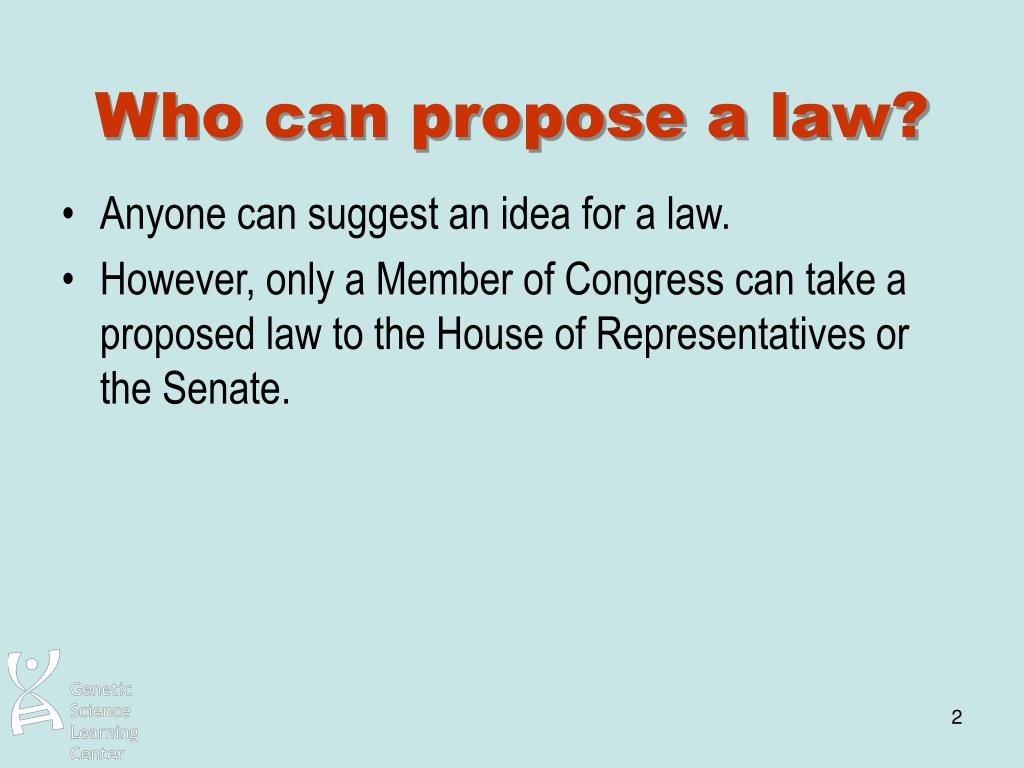Who can suggest a costs?
The power to suggest regulations, or a costs as it’s frequently called, isn’t restricted to a pick couple of. In lots of autonomous systems, the capability to recommend brand-new legislations is expanded, making certain varied voices are listened to and taken into consideration.
It’s not nearly political leaders! People, single-interest group, and also specific participants of the general public can all contribute fit the legislations that control our lives. Visualize a worried moms and dad supporting for much better college precaution or a team of conservationists promoting plans to shield our world. Their concepts, if well-researched and offered, can stimulate critical discussions and possibly cause considerable modifications.
Think concerning it similar to this: the procedure of lawmaking is a discussion. It’s not a talk provided by a bachelor, however instead a discussion entailing numerous voices. Each voice adds its distinct viewpoint, enabling an extra extensive understanding of the concerns handy. This vibrant exchange is what makes the legal procedure receptive and durable to the demands of individuals.
Key Players while doing so
- Members of the legislature: Representatives, legislators, and legislators are an essential component of the procedure. They frequently suggest costs based upon their components’ problems, their very own study, and the demands of their areas.
- Interest teams: Organizations standing for certain markets or reasons, like ecological teams or organization organizations, often support for regulations that profits their participants.
- The Executive Branch: The President or various other exec leaders frequently suggest regulations via their management, specifically when concentrating on certain plan locations.
- Citizens: Individuals can suggest costs via numerous networks, consisting of calling their reps, signing up with campaigning for teams, or perhaps releasing grassroots projects.
The appeal of this system is its inclusivity. Anybody with a real issue concerning just how our culture features can possibly add to the legal procedure. The system isn’t made to lock out specific voices; it’s developed to integrate them.

The Process
- Identifying an issue: Recognizing a demand for adjustment is the primary step.
- Developing an option: Crafting a proposition for resolving the issue.
- Presenting the proposition: Submitting the concept to the suitable legal body.
- Advocating for the costs: Actively sustaining the proposition via lobbying, public talking, and interaction with lawmakers.
The trip from concept to regulation is seldom uncomplicated. It frequently entails dispute, concession, and a significant quantity of job from several people and teams. The capacity for favorable adjustment makes it all beneficial.
